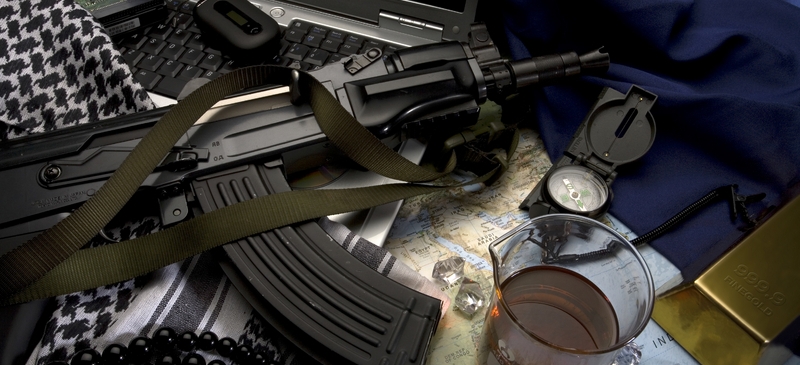
Judy Asks: Can Europe protect itself against terrorism?
European governments cannot provide a 100 percent guarantee that terrorists will never succeed. As authorities say, terrorists only have to be lucky once, but security services have to be lucky all the time. In response to the January 7–9 Paris attacks, intelligence communities will say they are stretched. Their calls for more personnel and additional authorities should be taken seriously. But this cannot be all.
The attacks show that foreign policy and internal security are intimately connected. The West has been hesitant in responding to recent crises in Yemen, Syria, and Iraq, and parts of these countries (and others in North Africa) are now incubators for jihadist terrorism. The West can ill afford to ignore such safe havens.
Several thousand Europeans are fighting in the ranks of the Islamic State. Some will return home. Europe’s leaders must agree on a common strategy to make life difficult for returning jihadists, including by creating barriers to travel, sharing intelligence better, and stemming the flow of small arms on Europe’s black markets.
Ultimately, however, there is a trade-off between Western society’s openness and its security. For the sake of the values the West wishes to protect, citizens may have to accept that not all plots can be foiled.
Rem Korteweg is a senior research fellow at the Centre for European Reform.
